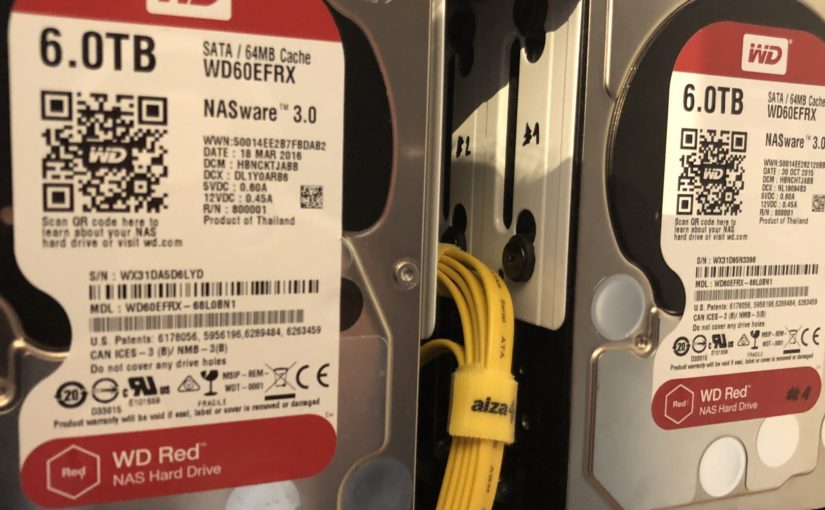Some users might be tempted to use exFAT as a file system on a Storage Spaces managed virtual disk. One of the reasons for this might be that exFAT doesn’t bother users with ownership permissions.
Admins making that decision should take into consideration that Windows 10 (as of build 19041, version 2004) does not have a built-in capability to resize an exFAT partition. Virtual disk managed by Storage Space built with ProvisioningType value of Thin will retain it’s initial size forever and will not grow. You might be able to use third party apps to resize it, but that comes with it’s own set of risks to data integrity of the volume. That is one of the reasons why Storage Spaces UI will only offer one file system option when creating a virtual disk – the NTFS file system.
